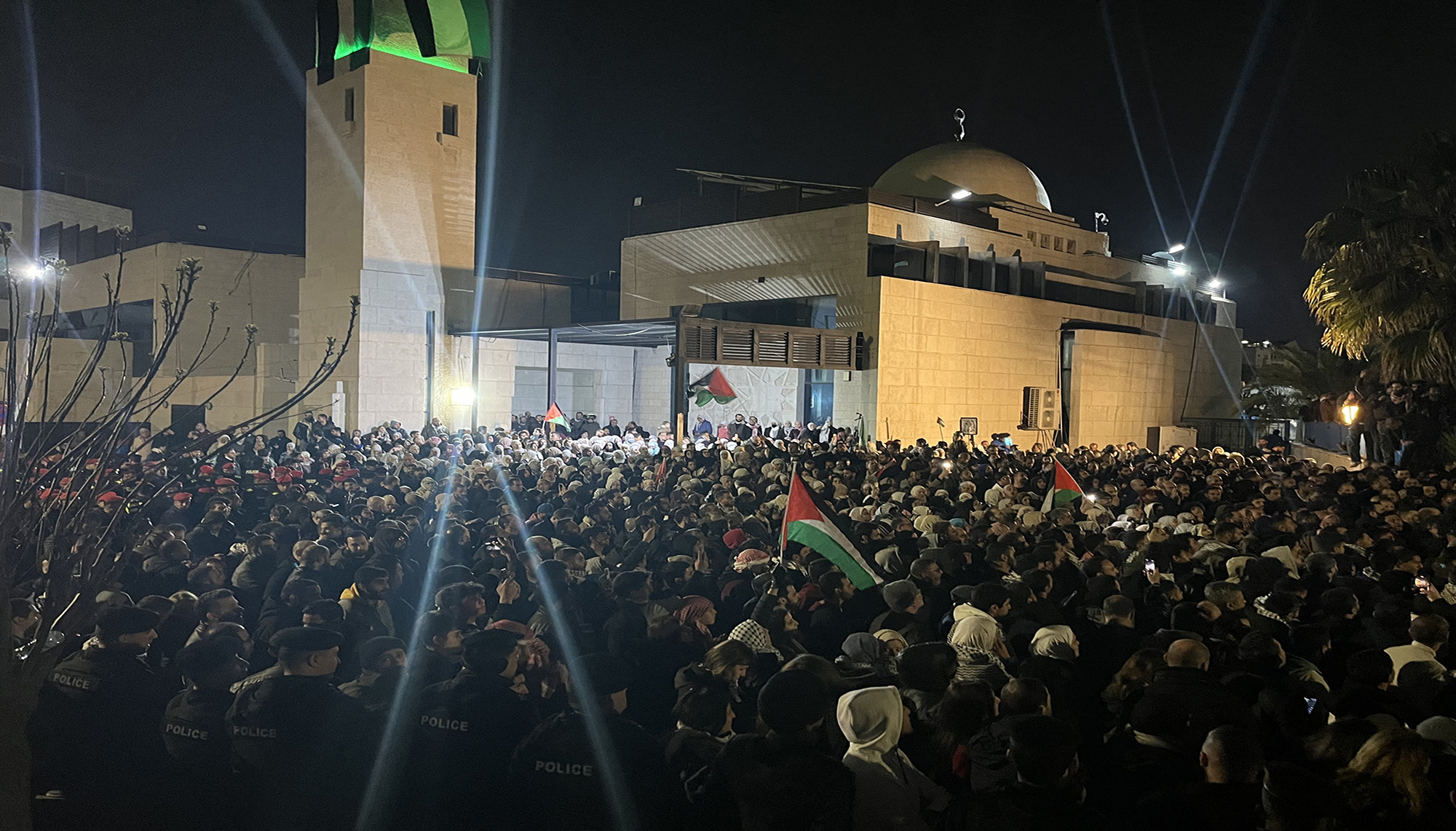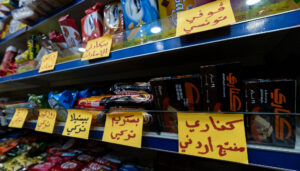Words by Jeff Kaiser
A few weeks ago I went out with another 7iber intern, Munir, for the afternoon to film interviews for a “street beat” we were working on about the upcoming elections. We started on Rainbow street, approaching dozens of people, asking them only if they would be willing to answer a few questions. Many agreed to an on-camera interview. But as soon as the camera was switched on and we uttered the word “انتخابات,” nearly everyone turned away, effectively pleading the 5th (in the US Constitution the 5th Amendment, part of the Bill of Rights, gives citizens the right to refuse to answer questions while under oath given that anything said could be used against that person to convict him of a crime). Others simply stated that they knew nothing about the elections and walked off. Since when is it a crime to simply discuss the elections? For me, the only crime is not taking the time to care.
Though I had been in Jordan for nearly two months, this culture of self-censorship and repression of opinion was still shocking. A good portion of US news I read, especially as we approach our midterm elections in November, is devoted to election coverage: support for and criticism of candidates and parties, questions and discussions about policy, coverage of hotly contested races and legislative districts, etc….
Here, the only election coverage seems to be on the blogosphere, which I do find promising as a start. But, as I learned from the research we recently did about the Jordanian blogosphere, blogs have an extremely limited audience—mostly young, well-educated, middle or upper class, and likely Anglophone. Elections do not just belong to these people. So what can be done to get the entire country talking about, or at least thinking and caring about, the elections?
I have a hard time believing one of the explanations that was given to me. People are hesitant to discuss elections, especially on camera, because they worry about what others, particularly their families, will think. But does it really bring shame to a family or embarrass a mother if a daughter is interviewed on 7iber about her thoughts on Jordanian politics? What can be done to dissolve this cultural stigma, if it does actually exist?
Last week in Ajloun I met a wonderfully kind and wise older man, a former Army officer, who invited me into his home for lunch and tea after we met in a serveece. We talked for nearly an hour, and eventually I felt comfortable enough to bring up politics. But suddenly he had nothing to say. I was so frustrated. This man was clearly well-educated and had spent a fair bit of time in the West. I regret not asking him why he wouldn’t discuss politics, but it didn’t feel right at the time, while I was a guest in his home.
The national disinterest and apathy is somewhat understandable in light of past experiences with elections. But this attitude doesn’t help in pushing anything forward. It is clear that the upcoming elections are not going to revolutionize this country—no one is arguing that. Nor is democracy the perfect or even the best system in many places. But what if there weren’t elections? What if the King were just to appoint a new parliament as he dissolved the old? Would that not be worse? So before utter pessimism sinks in, think of the alternative, try to care, and then have your say, here or anywhere.










